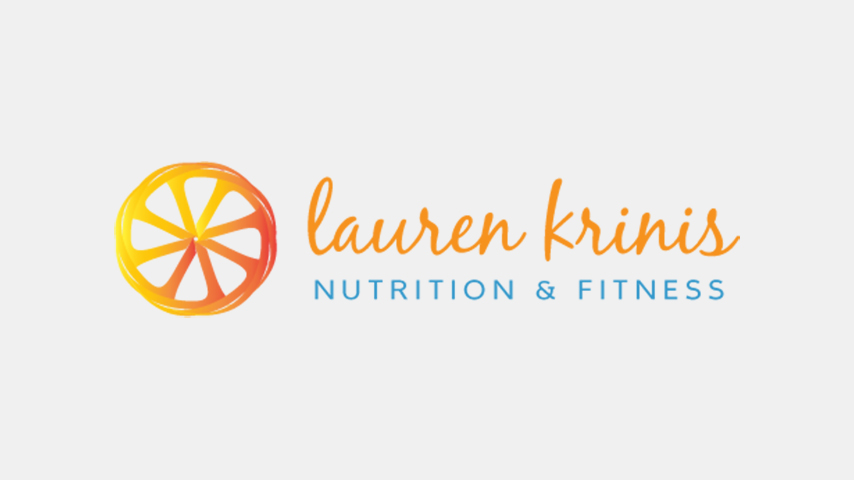Lauren Krinis Nutrition & Fitness is proud to partner with the Love Run! Here are a few of my favorite training tips!
Why is Proper Nutrition while Race Training Important?
From fueling to recovery, optimal nutrition ensures the best platform for running success. The food we consume breaks down into cells, which create our tissues, muscles, organs and entire body. Properly fueling with real foods will serve to optimize health and enhance performance levels.
What needs to occur in my body to aid my performance?
Proper Consumption of Branched Chain Amino Acids – BCAA are potent stimulants for building and repairing muscle. Consume BCAA in lean meats and fish to slow down the natural break down of muscle after a workout, reduce recovery time and train at greater intensity in the next session.
Balanced pH Levels – Runners are prone to an acidic environment due to the by-products of exercise. Focus on consuming fruits and vegetables to neutralize acid and decrease the break down of muscle tissue.
Proper Nutrient Intake – By consuming nutrient dense fruits and vegetables and avoiding refined grains, sugars and processed foods you can ensure you are consuming the vitamins, anti-oxidants and minerals needed to decrease illness and fatigue and boost the immune system.
Glycogen Store Production – Glycogen is a body fuel absolutely essential for high level performance, which is especailly important as your mileage increases. Dietary starches and sugars are the body’s number one source for making glycogen. (This is why we should not be afraid of carbs, it’s all about the timing!) Glycogen synthesis by muscles occur most effectively in the immediate post exercise window, aim to get your carbs in within one hour after your workout! (Think: bananas, sweet potatoes, yams and smoothies!)
Race Day Tips:
Be Consistent: Don’t change what you normally eat or do the morning of the race, stick with what you have been eating. For example, if you plan on taking gel shots or eating a banana during the race, practice with them on your long runs first! (Same goes with clothing! Don’t wear something new that might be less comfortable or lead to chafing the day of the race!)
Eat Smart: For years, carb-loading the night before was the thing to do, but if you want to consume extra carbs the day before your long run it’s best to do that at the lunch rather than the dinner before so that your body has more time to digest and rest. Your legs will thank you for this!
Be Smart: Make the connection between what you are eating and how you are feeling on your runs, both short and long, so that you not only practice running but also develop a nutrition plan that compliments your runs by fueling your body with what works best for YOU!



